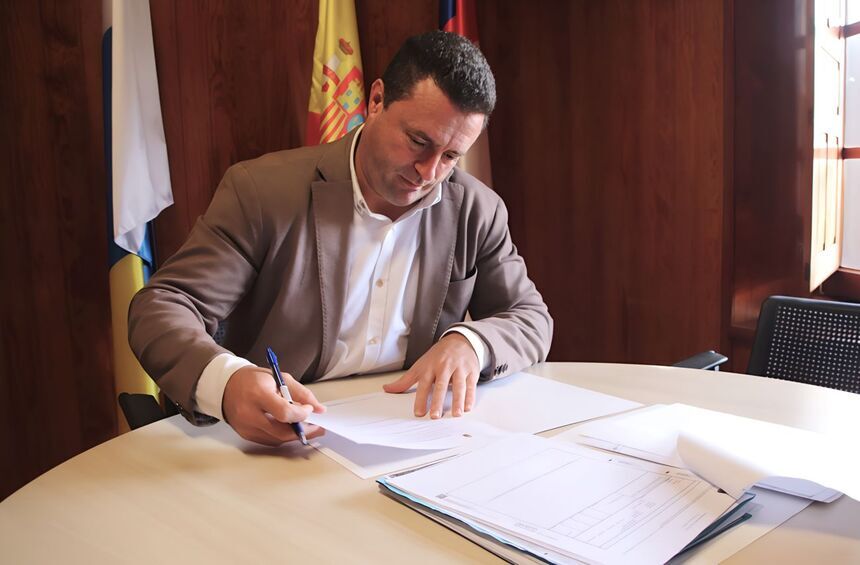Increase in Crime Rates in the Canary Islands

SANTA CRUZ DE TENERIFE/MADRID, 29 Aug. (EUROPA PRESS) –
The crime rate in the Canary Islands has risen by 0.9% in the first half of the year compared to the same period last year, totalling 55,156 offences, according to a report from the Ministry of the Interior, as reported by Europa Press.
Notable Increases in Certain Crimes
Among the most significant increases are intentional homicides, which have surged by 233.3% to reach 20 cases, and kidnappings, which have doubled to two reported incidents (+100%). Additionally, attempted murders have risen by 33.3% to 28, while cybercrime has increased by 24.8% to 1,298 offences.
Decrease in Other Crime Categories
Conversely, there has been a decline in sexual assaults involving penetration (-15.4%), burglaries in homes (-13.2%), offences against sexual freedom (-10.1%), and vehicle thefts (-10%).
National Crime Trends
At the national level, crime has decreased by 0.9% up to June 2025, primarily due to an 8.6% reduction in intentional homicides and completed murders, alongside a 4.6% drop in property crimes such as thefts, burglaries, and vehicle thefts.
However, statistics indicate that sexual assaults with penetration (rapes) continue to rise, increasing by 7%.
Conventional vs. Cyber Crime
Conventional crime, which does not occur in cyberspace, shows a variation of -1.9% compared to 2024, whereas cybercrime has seen an increase of 3.4%.
According to the Ministry, “With these figures, the rate of conventional crime in Spain stands at 40.6 offences per thousand inhabitants (the lowest in the historical series), making it one of the lowest in the world. Meanwhile, the cybercrime rate is 9.7 offences per thousand inhabitants.”
Gender-Based Violence
By type of offence, crimes against sexual freedom have risen by 5.3% compared to 2024, which the Ministry notes is “a lower percentage than the annual increase observed in previous years (5.7% in 2024 compared to 2023).”
Additionally, sexual offences involving penetration (rapes) have increased by 7.0% up to June; in the first quarter of the year, this figure was slightly higher, at 7.6%.
In any case, the Ministry, led by Fernando Grande-Marlaska, has reiterated that this “sustained increase” in sexual offences should be partially attributed to “active awareness-raising policies and a reduction in social and personal tolerance towards such criminal acts,” resulting in a greater willingness among victims to report them.














